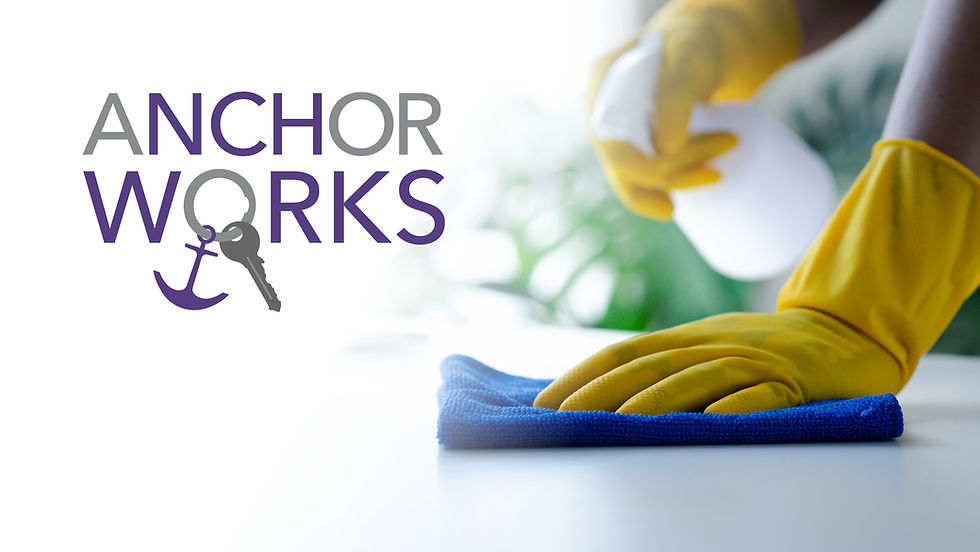Housing Is Mental Health
- Laurie Ingram

- Jun 2, 2025
- 3 min read

At ANCHOR, we believe housing is more than shelter — it’s healthcare. On the tails of Mental Health Awareness Month, we’re shining a light on the undeniable link between stable housing and mental well-being.
Mental health is shaped by a network of factors in the world around us: by income, education, food access, communities, trauma, and yes, by housing. That’s why we say affordable housing isn’t just a social service. It’s a social determinant of health.
This isn’t just a national issue. It’s right here, in Forsyth County, in the Carolina Core, and in all of North Carolina.
Between 2019 and 2024, local emergency services responded to over 24,000 mental health and suicide-related calls.
Suicide is now a top-five cause of death for people aged 10 to 65 in North Carolina. Among local middle schoolers, 1 in 5 have seriously considered suicide, and more than 1 in 10 have attempted it.
Adults in Forsyth County report 4.4 mentally unhealthy days per month, and 13% rate their health as “poor” or “fair.”
These aren’t just statistics — they’re warning signs. They’re calls to action.
According to the National Alliance on Mental Illness (NAMI), nearly 1 in 5 people experiencing homelessness lives with a serious mental illness. The stress of unstable or unaffordable housing can trigger or worsen conditions like depression, anxiety, and PTSD.
The affordable housing crisis is not just an economic issue; it is a true public health emergency.
“Having a stable place to live is the most important part of my recovery and stabilizing my mental health.” – Stacey, NAMI Advocate
It sounds simple, but it’s true: You can’t focus on healing your mind when you’re worried about where you’ll sleep tonight.
When we talk about mental health, we also have to talk about the systems that shape it.
These include:
Economic stability: Job loss, poverty, and eviction can all lead to mental health crises.
Access to care: In Forsyth County, too many residents still face barriers to mental health services.
Education and awareness: Many children grow up without the language or support to process trauma, or with shame around talking about mental health struggles.
Community and social connection: Isolation and discrimination are powerful predictors of poor mental health.
At ANCHOR, we take a whole-person, whole-community approach. That’s why we don’t just build homes; we build communities and pathways to wellness.
Our work is rooted in the belief that everyone deserves dignity, stability, and the opportunity to thrive.
That’s why we’re doubling down on:
Expanding affordable housing access, because safe housing is the foundation of mental health.
Advocating for smarter policy that integrates housing and health, instead of treating them as separate siloed issues.
Raising awareness, to fight stigma and make mental wellness a shared responsibility.
We’re proud to stand with organizations like NAMI (National Alliance on Mental Illness) to call for change that starts from the ground up: with housing, with equity, and with compassion.
If you’ve read this far, you care. We need people like you in the fight for mental wellness and housing justice.
Here’s how to take action:
Learn more. Check out NAMI’s resources on mental health and housing.
Talk about it. Destigmatize the conversation in your workplace, family, and community.
Support local change. Volunteer, donate, or partner with groups addressing housing and mental health in Forsyth County.
Advocate. Contact your local officials and demand policies that prioritize affordable housing and mental wellness.
Mental health is everyone’s business. At ANCHOR, we know: The path to healing often starts with a door that opens, not one that closes.



